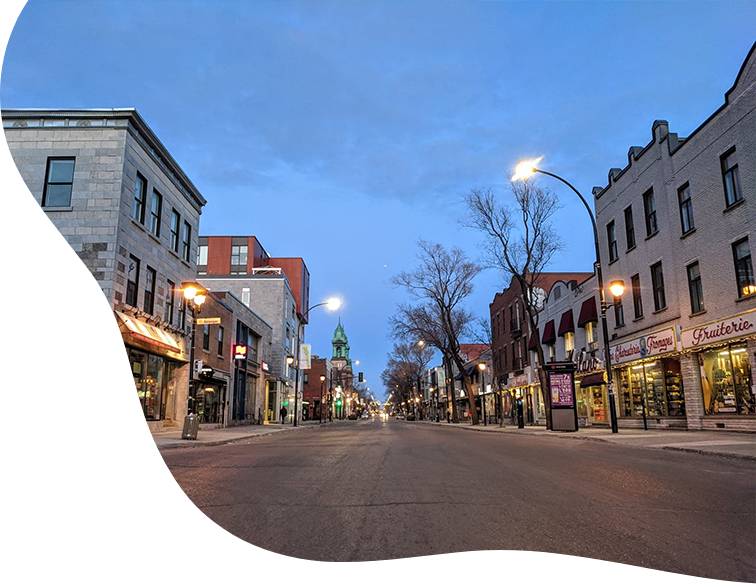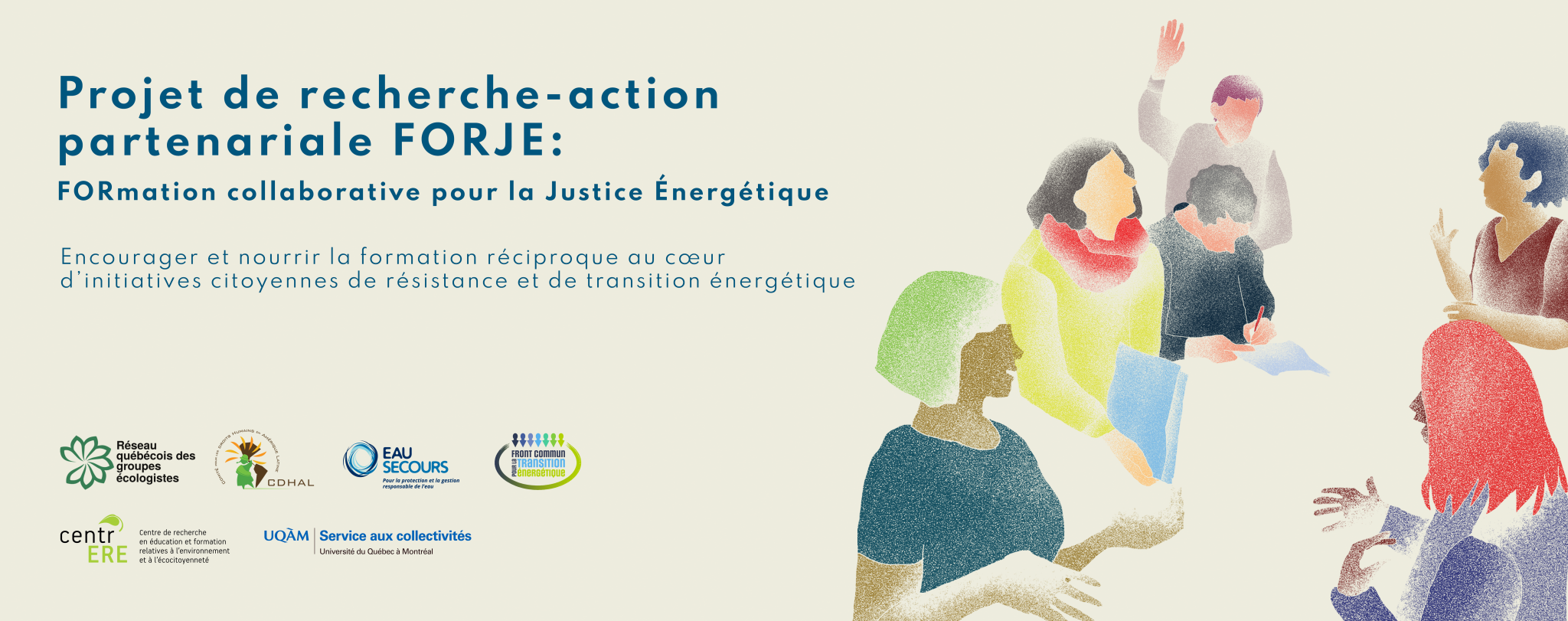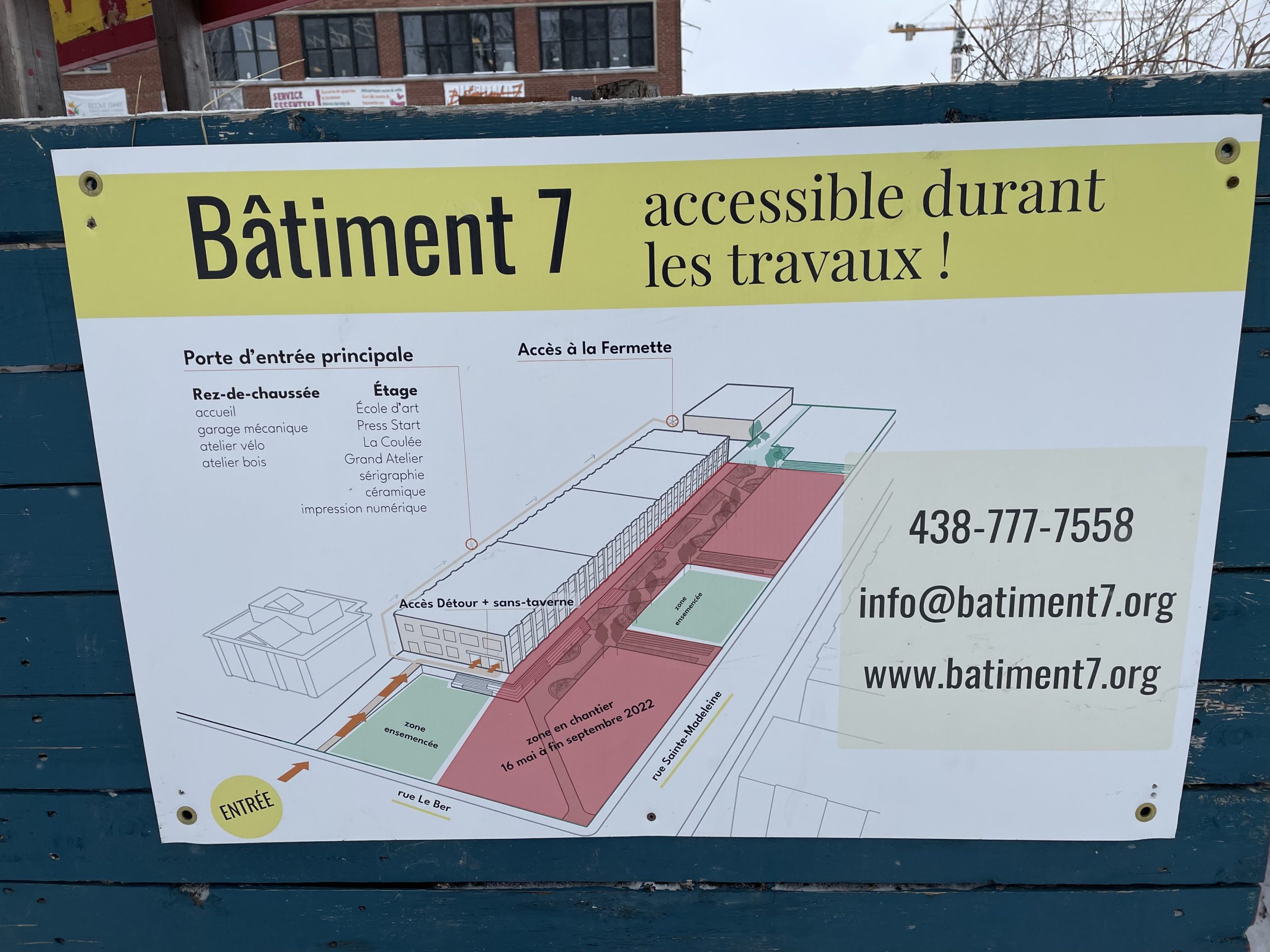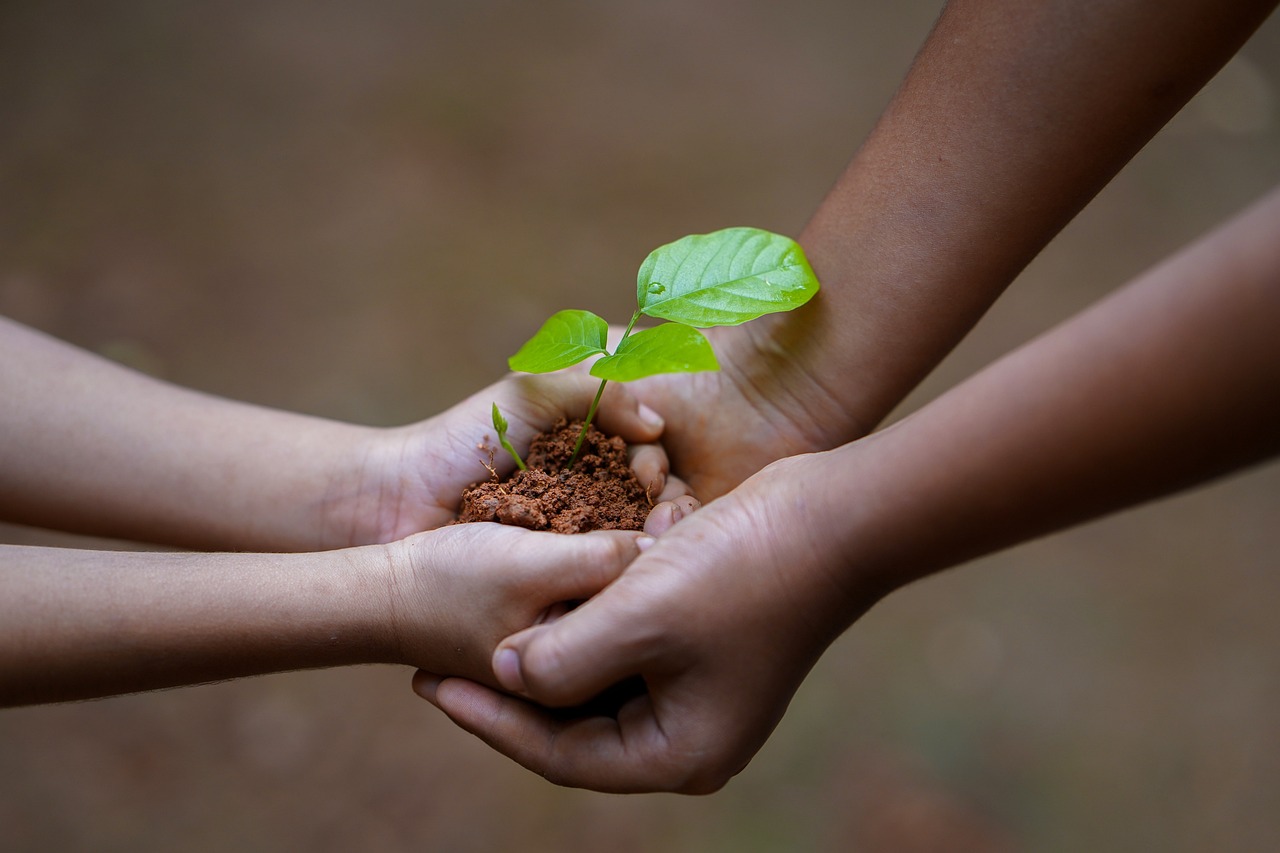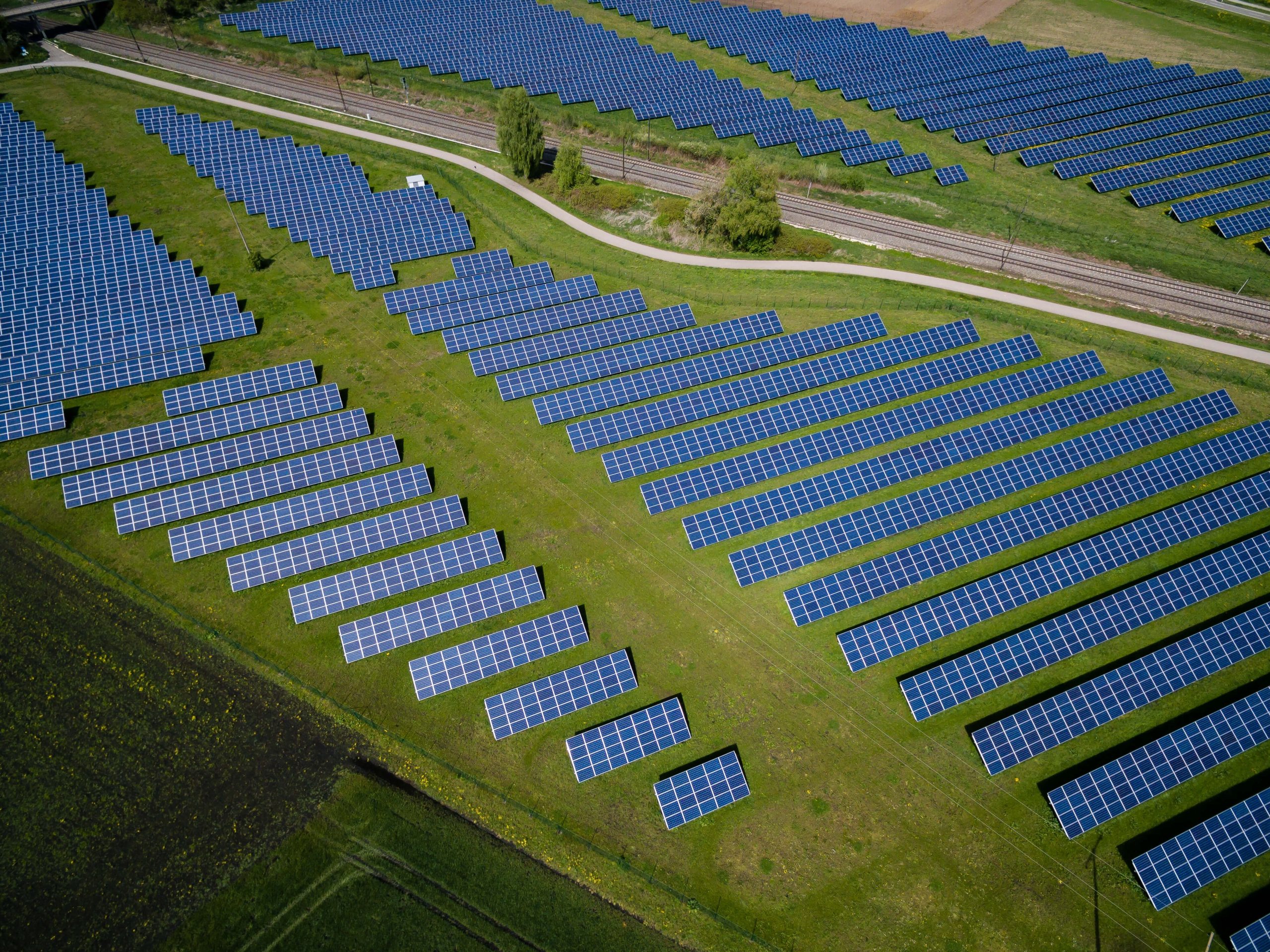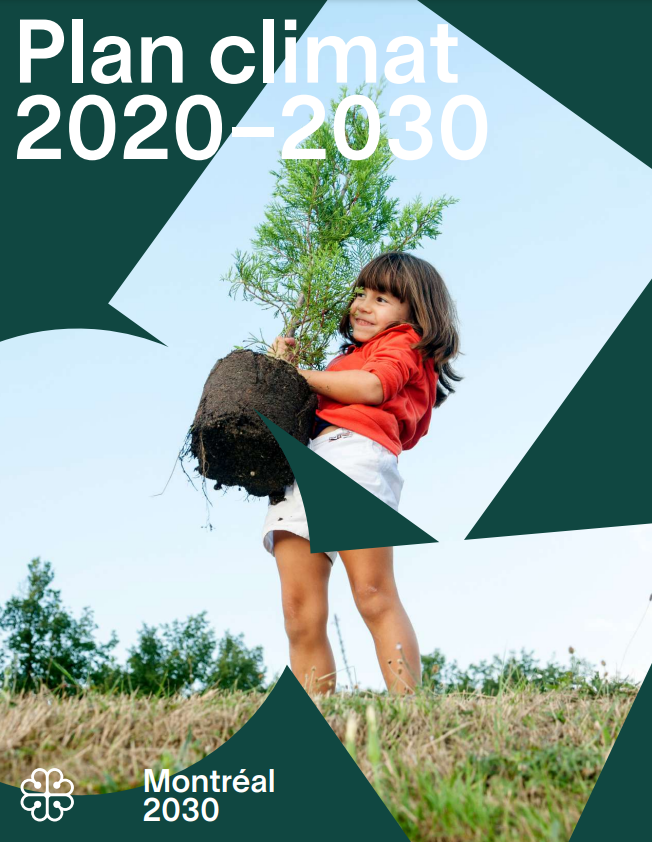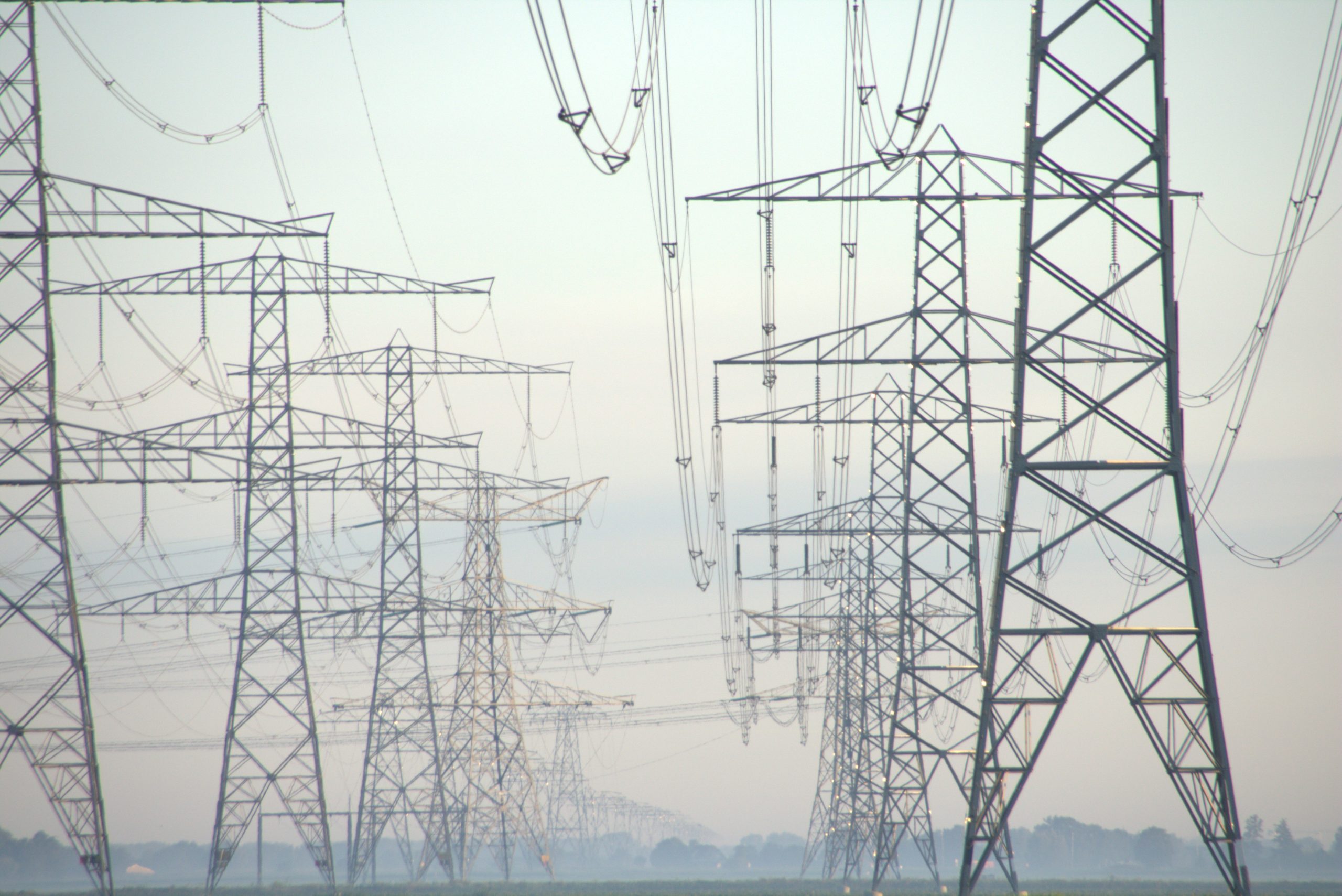Cities, Climate and Inequalities- Fighting for a just transition in the local political arena: Challenges and opportunities for reciprocal training between elected officials and residents
By Anne-Sophie Bendwell
Citizen mobilization for the energy transition in so-called Quebec has been in full swing in recent years. One of the strategies of activists is to invest local political spaces. To facilitate this strategy, we analyzed the results of a focus group that then informed a literature search on the theme. In the light of these results, we propose avenues of reflection for the reciprocal conformation of the various actors involved in local politics.
Citizen mobilization for the energy transition in so-called Quebec has been in full swing in recent years. One of the strategies of activists is to invest local political spaces. To facilitate this strategy, we analyzed the results of a focus group that then informed a literature search on the theme. In the light of these results, we propose avenues of reflection for the reciprocal conformation of the various actors involved in local politics.
Cities, Climate and Inequalities - The (very) concrete utopia of Bâtiment 7: A common facing the challenges of its financial autonomy
By Sylvain A. Lefèvre et David Grant-Poitras
Bâtiment 7 is a « collective autonomy factory » located in a working-class district of Montreal. By studying the micro-politics of its financing, we examine the articulation of its issues of sustainability, accessibility and economic democratization. Structural tensions emerge in reconciling all these objectives, but so do promising social innovations. Far from being a technical detail, financial empowerment puts the common good to the test – its boundaries, its resources, the links between its members and its collective architecture.
Bâtiment 7 is a « collective autonomy factory » located in a working-class district of Montreal. By studying the micro-politics of its financing, we examine the articulation of its issues of sustainability, accessibility and economic democratization. Structural tensions emerge in reconciling all these objectives, but so do promising social innovations. Far from being a technical detail, financial empowerment puts the common good to the test – its boundaries, its resources, the links between its members and its collective architecture.
Cities, Climate and Inequalities - Community development in the context of the social and environmental transition: Eight Local development processes in Quebec
By Lucie Morin, Sonia Racine, Denis Bourque, André-Anne Parent, René Lachapelle, Christian Jetté, Stéphane Grenier, Dominic Foisy, Sébastien Savard, Serigne Touba Mbacké Gueye, Geneviève Le Dorze-Cloutier, Ariane Hamel et Charlotte Goglio
In Quebec, a multitude of players work together to maintain and improve living conditions. Solid expertise has been built up in the field of community development. This collective intelligence could be put to good use in the fight against the climate crisis. Qualitative research carried out in 8 territories in Quebec aims to understand how territorial development approaches, especially those dedicated to social development, contribute to the collective efforts required to ensure the socio-ecological transition.
In Quebec, a multitude of players work together to maintain and improve living conditions. Solid expertise has been built up in the field of community development. This collective intelligence could be put to good use in the fight against the climate crisis. Qualitative research carried out in 8 territories in Quebec aims to understand how territorial development approaches, especially those dedicated to social development, contribute to the collective efforts required to ensure the socio-ecological transition.
Cities, Climate and Inequalities - Justice in energy transitions
By Stephen Williams and Andréanne Doyon
As the climate crisis grows, energy systems are transitioning to renewable and sustainable alternatives. However, these transitions often lead to injustice and inequities. Transitions research must better consider justice in its analysis. Drawing from environmental and energy justice literature, we consider justice for people, communities, and the non-living in transitions research through the development of an analytical framework. The framework provides reflective practice to support distributive, procedural, and recognition justice.
As the climate crisis grows, energy systems are transitioning to renewable and sustainable alternatives. However, these transitions often lead to injustice and inequities. Transitions research must better consider justice in its analysis. Drawing from environmental and energy justice literature, we consider justice for people, communities, and the non-living in transitions research through the development of an analytical framework. The framework provides reflective practice to support distributive, procedural, and recognition justice.
Cities, Climate and Inequalities - Equity in climate plans: a comparison between Vancouver and Montreal
By Hélène Madénian, Sophie L. Van Neste, Andréanne Doyon and Ashley Armitage
This research focuses on the equity and justice approaches of the City of Vancouver and the City of Montreal in their climate plans, i.e. the definitions of equity and the concrete measures considered by the two cities. Identified as climate leaders, Vancouver and Montreal have targets in line with the Paris Agreement and are committed to becoming carbon neutral by 2050, and each published a new climate plan in 2020.
This research focuses on the equity and justice approaches of the City of Vancouver and the City of Montreal in their climate plans, i.e. the definitions of equity and the concrete measures considered by the two cities. Identified as climate leaders, Vancouver and Montreal have targets in line with the Paris Agreement and are committed to becoming carbon neutral by 2050, and each published a new climate plan in 2020.
Cities, Climate and Inequalities - A just energy transition for Indigenous Peoples: From ideal deliberation to fairness in Canada and Australia
By Fabienne Rioux-Gobeil
In response to the climate crisis, renewable energy projects are being developed around the world and mostly, on Indigenous traditional territories. In countries such as Canada and Australia, the questions of Indigenous national sovereignties are still unclear and unresolved which causes complex issues of unequal power relations. About energy security, resurgence and self-determination, the energy transition could be the promise of great opportunities for Indigenous peoples. However, to benefit from renewable energy projects, they have to be in a position to fairly defend their interests.
In response to the climate crisis, renewable energy projects are being developed around the world and mostly, on Indigenous traditional territories. In countries such as Canada and Australia, the questions of Indigenous national sovereignties are still unclear and unresolved which causes complex issues of unequal power relations. About energy security, resurgence and self-determination, the energy transition could be the promise of great opportunities for Indigenous peoples. However, to benefit from renewable energy projects, they have to be in a position to fairly defend their interests.
Charger davantage de contenu
